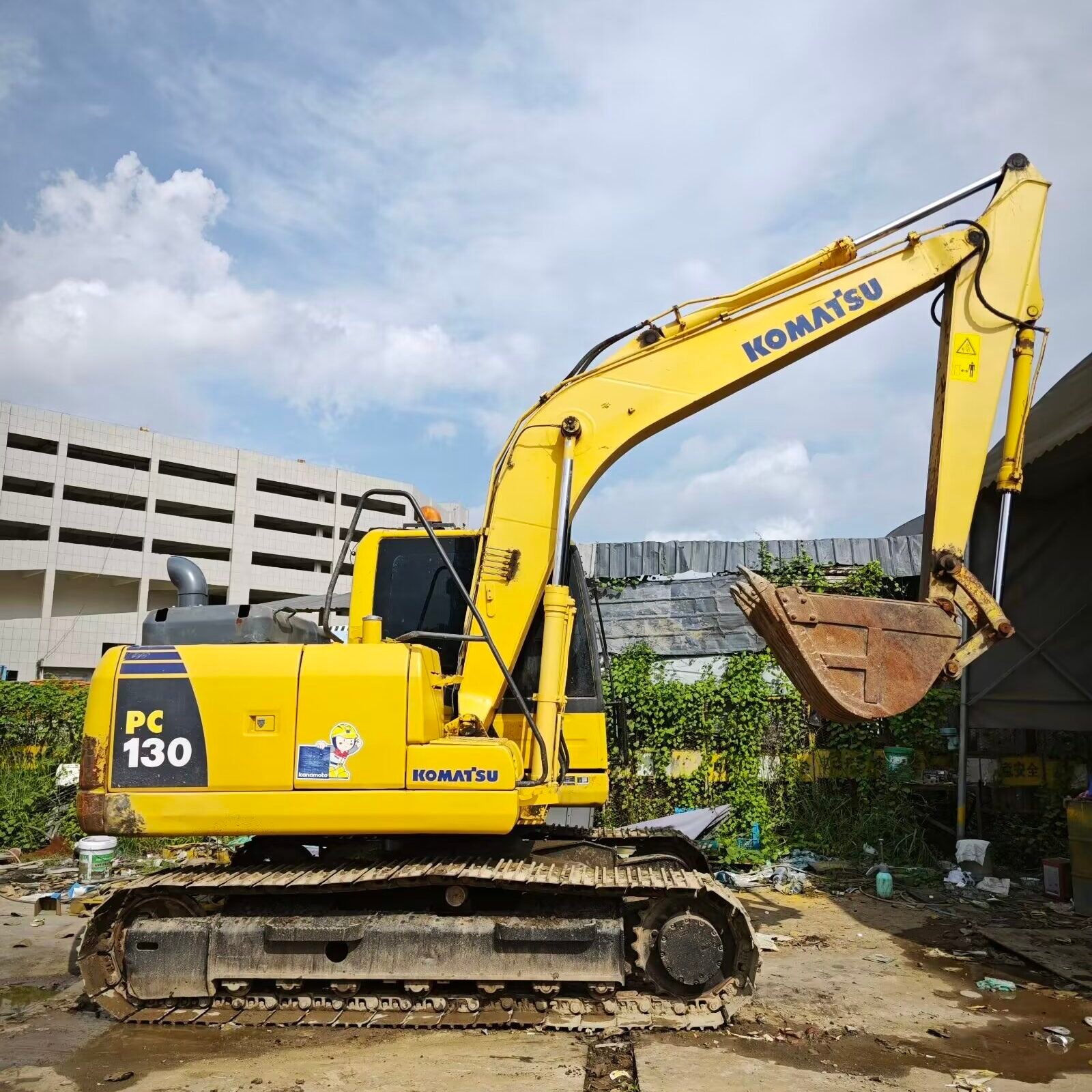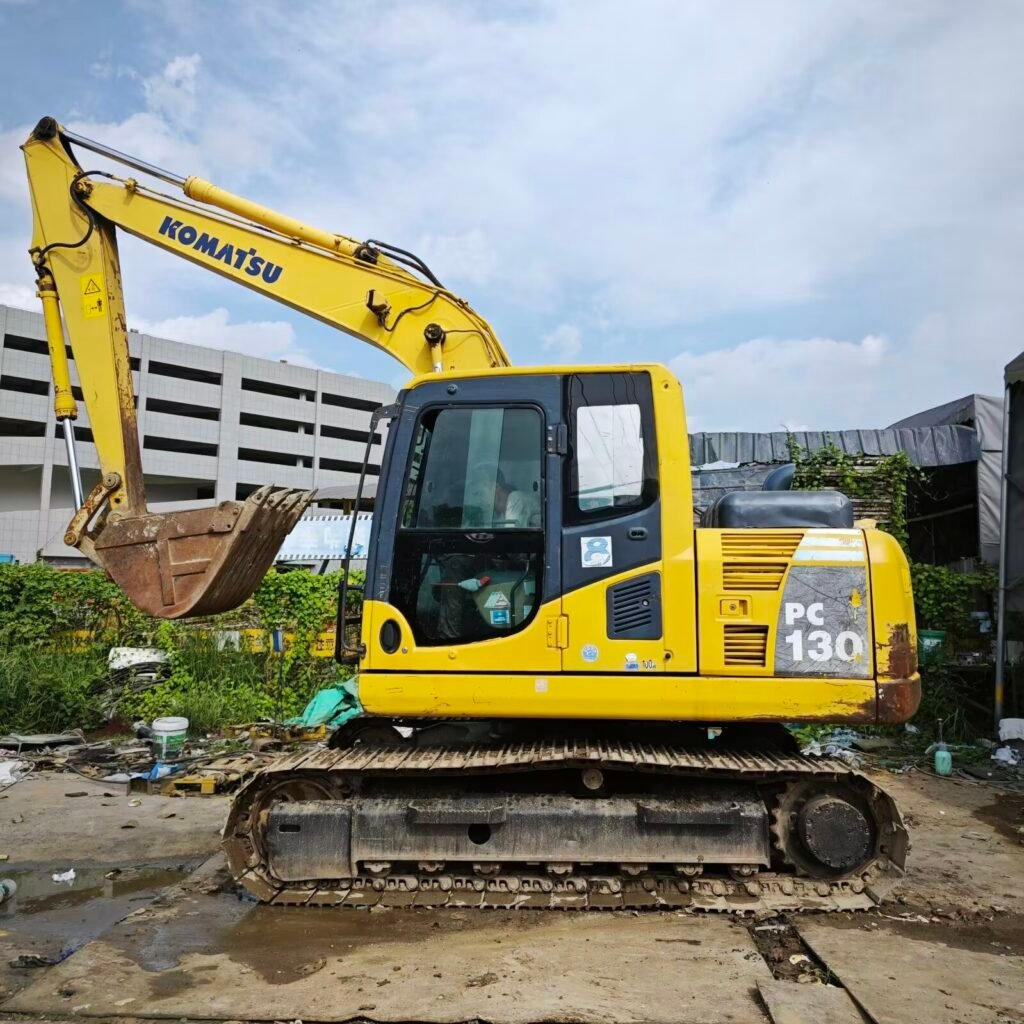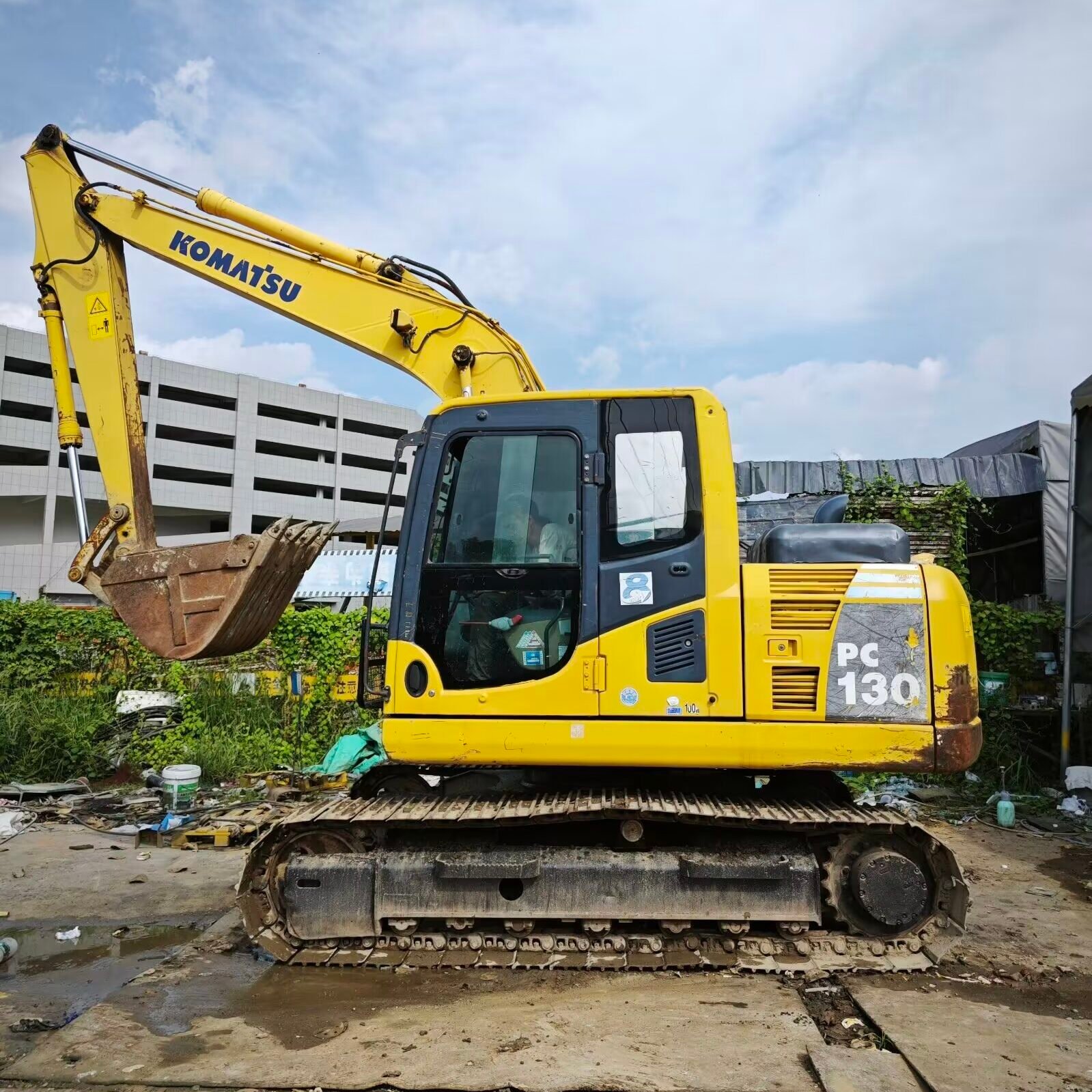I. Introduction
- Background
- In the global trade environment, import quotas serve as an important trade management tool designed to limit the quantity of specific goods imported, thereby protecting domestic industries and regulating market supply and demand. Particularly in the context of rapid economic development, the government has increasingly implemented strict import quota management for certain specific equipment. Import quotas not only affect the market price of goods but can also influence a company’s import strategies and operational costs. Specific equipment, such as heavy machinery and electronic products, often faces stricter import quota restrictions. Therefore, companies must understand relevant policies in advance when importing such equipment to ensure compliance and avoid unnecessary financial losses.
- Objective
- This article aims to provide detailed information and guidance for companies regarding import quotas, helping them understand quota regulations, the application process, and key considerations to ensure a smooth import process for specific equipment and achieve compliant operations.
II. Definition and Types of Import Quotas
- Definition of Import Quotas
- Import quotas refer to government-imposed limits on the quantity of specific goods that can be imported. These restrictions are typically aimed at protecting domestic industries from excessive foreign competition, regulating market supply and demand, and maintaining national economic security. By setting quotas, the government can effectively control the volume of imported goods, thus influencing supply and demand in the market and helping domestic firms maintain their market share.
- Types of Quotas
- Absolute Quotas: These establish a limit on the quantity of specific products that can be imported, prohibiting imports that exceed this amount. Such quotas are often applied to sensitive industries, such as agricultural products and certain basic industrial products.
- Tariff Rate Quotas: These allow for the importation of goods at a lower tariff within a specific quantity range, with higher tariffs applied to quantities that exceed this limit. This quota mechanism aims to balance the interests of domestic producers and importers, encouraging reasonable import flows.
- Seasonal Quotas: These limit the quantity of products that can be imported based on seasonal or specific time frames, usually used to regulate market supply for agricultural products, ensuring that demand is met during peak seasons, such as for fruits and vegetables.
III. Legal Regulations Governing Quota Management
- Relevant Laws and Regulations
- Discuss the laws and regulations related to import quotas, including:
- Import and Export Commodity Management Law of the People’s Republic of China: This law outlines the principles and procedures for managing import and export commodities, providing a legal basis for quota management. Its implementation helps maintain fair competition in international trade.
- Customs Law: This law defines the responsibilities and powers of customs in managing import quotas, ensuring the effective implementation of quotas. Customs is responsible for reviewing quota applications and ensuring compliance in import operations.
- Other relevant industry standards and policy documents that provide specific regulations and guidelines on import quotas for specific equipment, helping companies understand industry-specific quota management requirements.
- Discuss the laws and regulations related to import quotas, including:
- Quota Application Process
- Describe the specific steps involved in applying for import quotas:
- Preparation of Required Documents: Companies need to prepare relevant documents such as business licenses, tax registration certificates, import contracts, and quota application forms. The completeness and accuracy of these documents directly affect the speed of the application review.
- Submitting the Application: Companies must submit quota applications to the relevant government departments or customs, ensuring that all forms are accurately filled out to avoid delays due to incomplete information.
- Approval Steps: Government departments will review the applications, which may involve on-site inspections or data verification. During the review process, companies should cooperate with the requirements of the relevant authorities and provide necessary supplementary materials.
- Application Timelines and Considerations: Emphasize the time requirements for applying for quotas, advising companies to plan ahead to ensure they obtain the necessary quotas before importing. It is recommended that companies allow at least several weeks for the application process to accommodate potential delays.
- Describe the specific steps involved in applying for import quotas:

IV. Quota Requirements for Specific Equipment
- Industry Analysis
- Analyze the quota requirements that specific equipment may face during importation, including:
- Heavy Machinery: Equipment such as excavators and cranes typically faces strict import quota management to protect domestic manufacturing. The import quotas for heavy machinery are often directly related to national infrastructure construction plans and demands.
- Electronic Products: Items like computers and smartphones may have technical standards and quota restrictions. Companies need to stay informed about market dynamics and policy changes to ensure compliance with the latest technical and safety standards when importing.
- Discuss the differences in quota policies across various industries, noting that some sectors may have more lenient quota policies to promote technology transfer and market competition. For example, imports of certain high-tech products may be favored to stimulate domestic technological development.
- Analyze the quota requirements that specific equipment may face during importation, including:
- Case Analysis
- Provide specific examples of import quota requirements for particular equipment, such as:
- The import quota limits and application process for a certain model of excavator, helping companies understand the practical limitations of quotas.
- The tariff quota situation for specific electronic products (e.g., smartphones), analyzing the relationship between market demand and policies to help companies develop more reasonable import plans.
- Provide specific examples of import quota requirements for particular equipment, such as:
V. The Necessity of Understanding and Applying for Quotas in Advance
- Risk Reduction
- Discuss the risks associated with failing to understand and apply for quotas in advance, including:
- Import Restrictions: Not obtaining a quota can lead to the inability to import equipment smoothly, affecting production schedules and potentially resulting in contract breaches.
- Fines and Delays: Non-compliance with quota limits may result in fines and delays in imports, increasing operational costs and impacting profit margins.
- Loss of Market Opportunities: Delays in acquiring new equipment can place companies at a competitive disadvantage, potentially resulting in lost market share.
- Discuss the risks associated with failing to understand and apply for quotas in advance, including:
- Optimizing Resource Allocation
- Emphasize the positive impact of obtaining quotas in advance on resource allocation:
- Financial Planning: Ensure timely availability of funds, avoiding idle capital due to quota issues, and enhancing capital efficiency.
- Logistics Planning: Arrange logistics and transportation effectively, improving efficiency and reducing costs, ensuring that once quotas are obtained, equipment can be quickly deployed for use to maximize return on investment.
- Emphasize the positive impact of obtaining quotas in advance on resource allocation:
VI. Conclusion
- Summary
- Reiterate the importance of understanding and applying for import quotas, emphasizing the significance of compliant operations for the long-term development of businesses. Companies should regard quota management as a critical component of their import strategy to ensure smooth importation and enhance market competitiveness.
- Call to Action
- Encourage companies to thoroughly understand relevant quota policies before importing specific equipment and actively apply for quotas to ensure smooth importation. By engaging in compliant operations, companies can not only mitigate risks but also enhance their market competitiveness and seize more business opportunities. It is recommended that companies establish dedicated compliance teams to monitor policy changes regularly, ensuring they maintain a competitive edge in a dynamic market environment. Additionally, companies should consider collaborating with professional trade consulting firms to gain comprehensive market insights and policy interpretations, ensuring they navigate the import process with ease.



